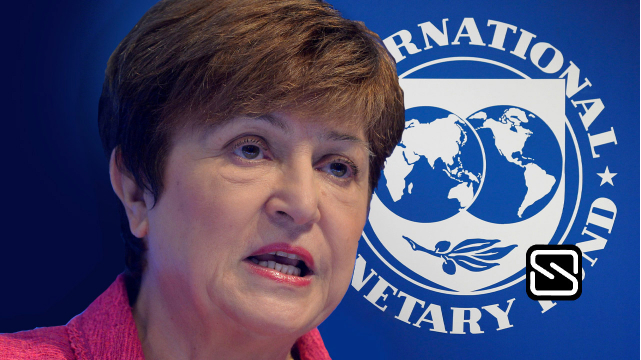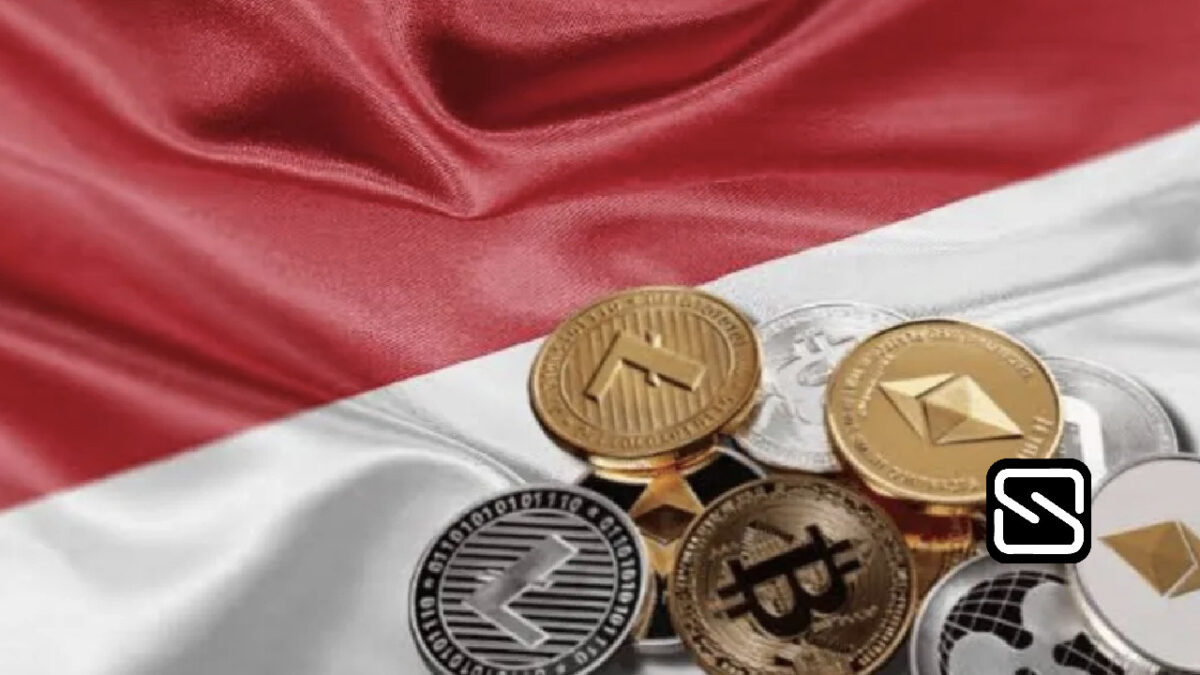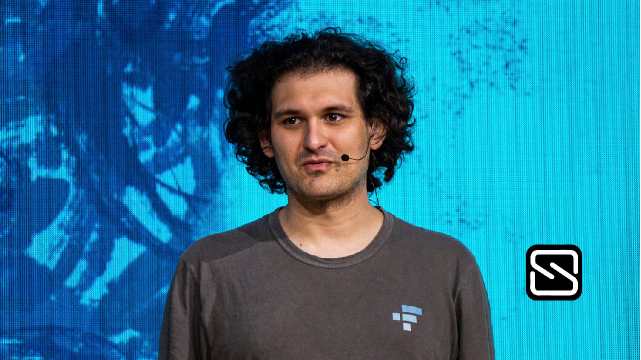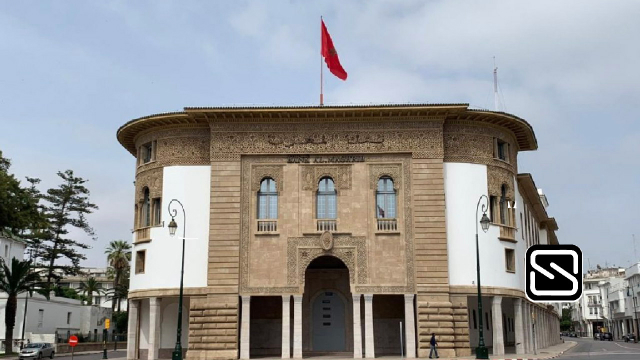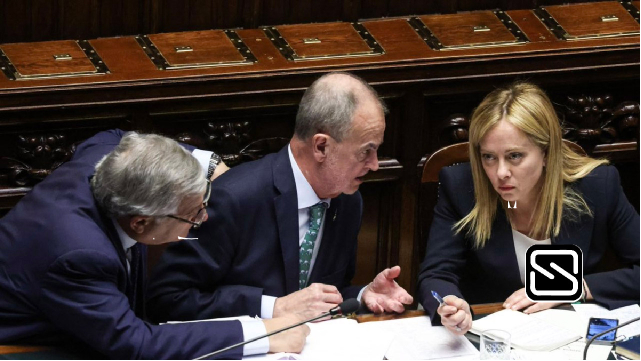The International Monetary Fund (IMF) has stated that the collapse of the third-largest cryptocurrency exchange in the world, FTX, and the subsequent drop in the prices of Bitcoin, Ethereum, and other significant crypto assets have renewed calls for tighter consumer protection and regulation of the crypto industry.
According to a report on the Fund’s website, most governments still find it difficult to regulate a highly volatile and decentralized system because it requires striking a balance between reducing risk and fostering innovation.
Only a quarter of sub-Saharan African nations have crypto laws in place, but the IMF reported that two-thirds have some restrictions in place and six nations—Cameroon, Ethiopia, Lesotho, Sierra Leone, Tanzania, and the Republic of Congo—have outright banned it. Implicit bans have been issued by Liberia for a local cryptocurrency startup and Zimbabwe for all banks to stop processing transactions.
About 20% of sub-Saharan African nations have outlawed cryptocurrency. According to Chainalysis, the crypto market in Africa is among the largest and fastest-growing in the world, with a peak in monthly transactions of $20 billion expected in the middle of 2021.
The most users in the region are in Kenya, Nigeria, and South Africa. Although many people use crypto assets for business transactions, their volatility prevents them from being useful as a store of value.
Policymakers are also concerned that cryptocurrencies could be used to evade regional regulations intended to stop capital outflows and transfer money illegally out of the area. The widespread use of cryptocurrencies could also undermine the effectiveness of the monetary policy, endangering the stability of the financial system and the macroeconomy.
If cryptocurrency is accepted as legal tender, as the Central African Republic recently did, the risks will significantly increase. Public finances may be at risk if the government decides to hold or accept cryptocurrency as payment.
After El Salvador, the Central African Republic is the second nation in the world to recognize Bitcoin as a legal tender. It is also the first in Africa.
The move violates the CEMAC Treaty and has caused conflict with the Bank of Central African States (BEAC), the central bank for the Economic and Monetary Community of Central Africa (CEMAC), of which the Central African Republic is a member.
The Central African Banking Commission, BEAC’s regulatory body for the banking sector, has outlawed the use of cryptocurrencies in the CEMAC region.
